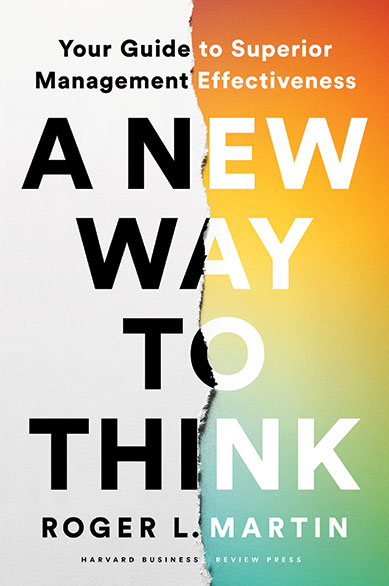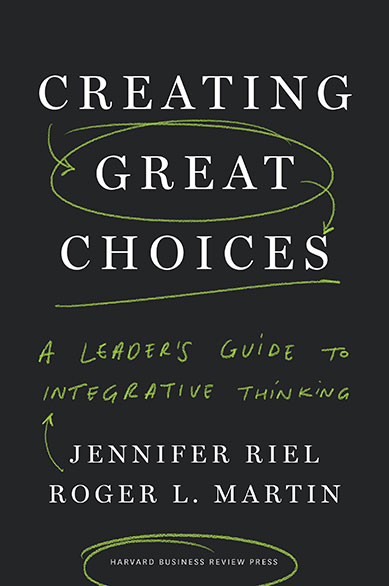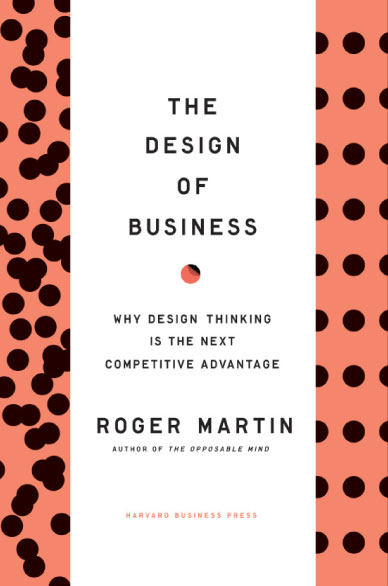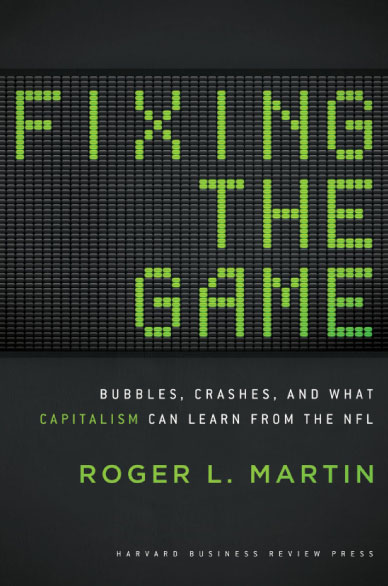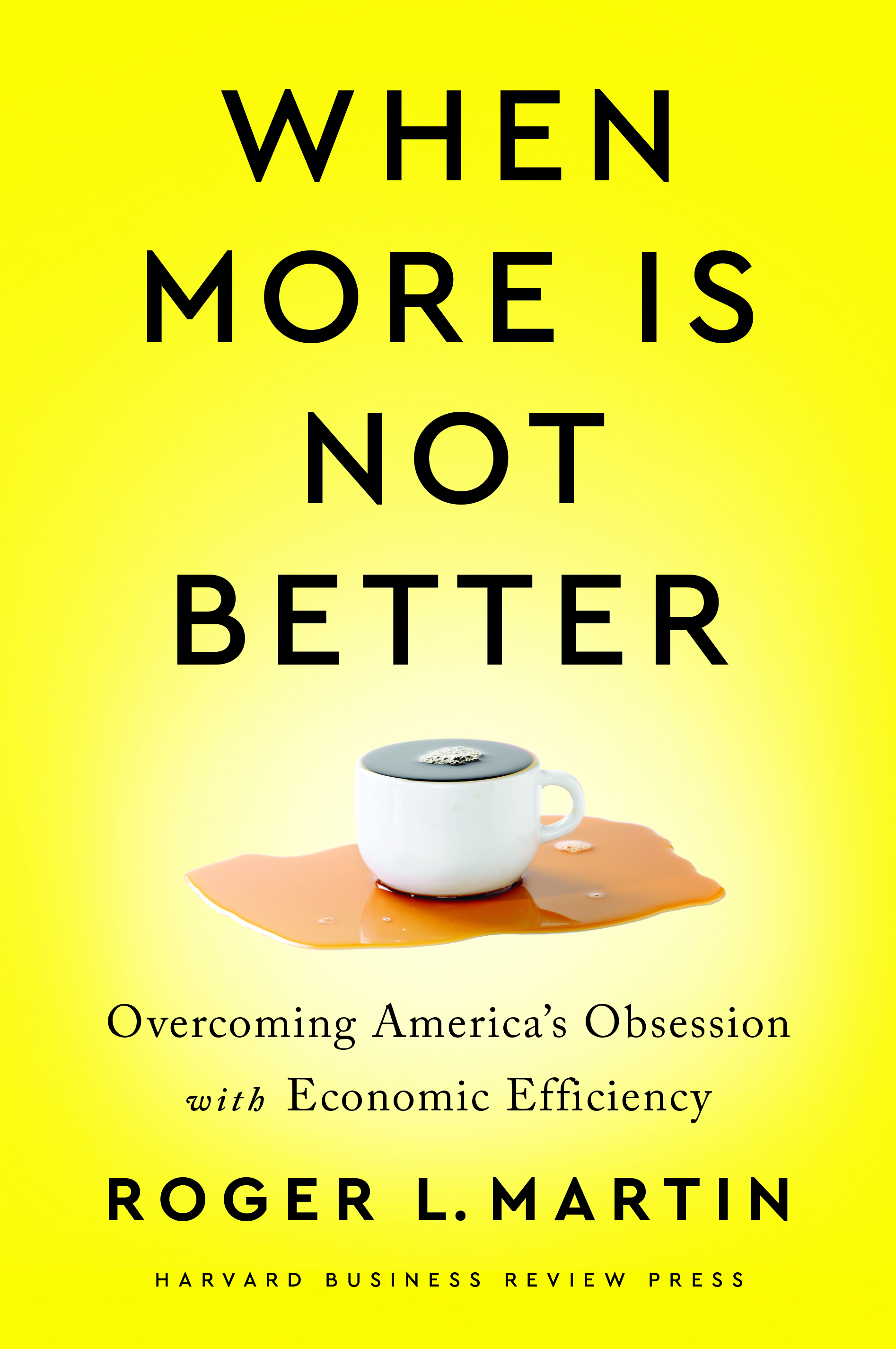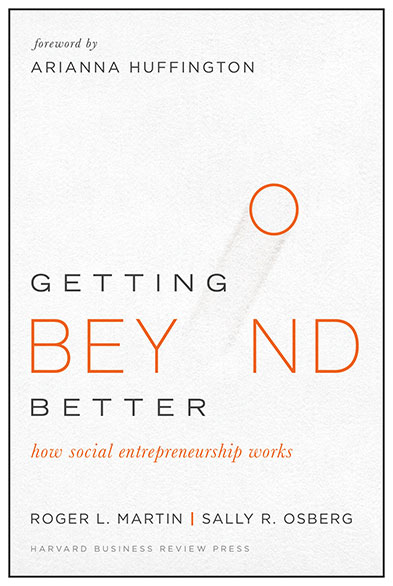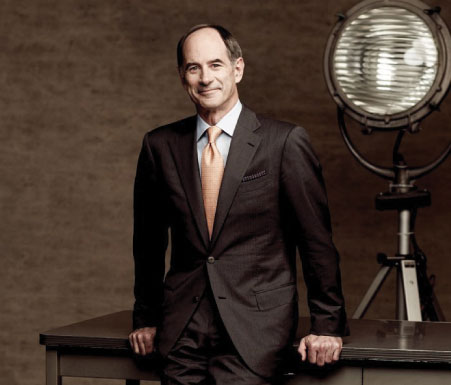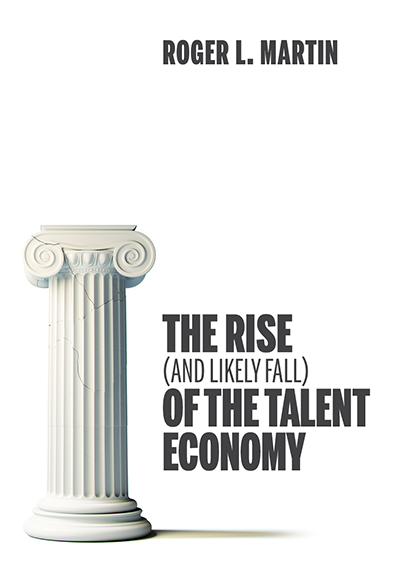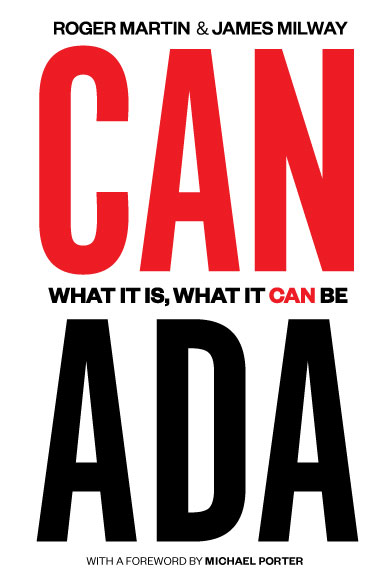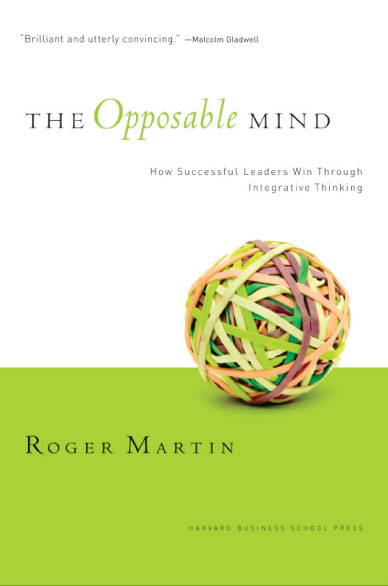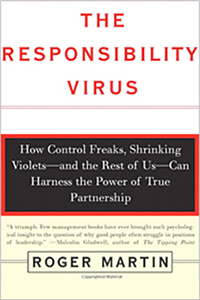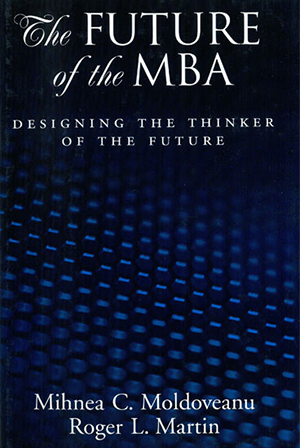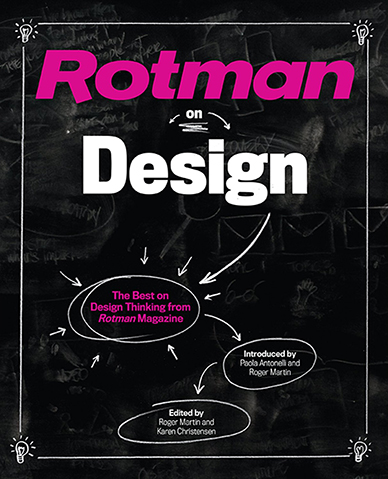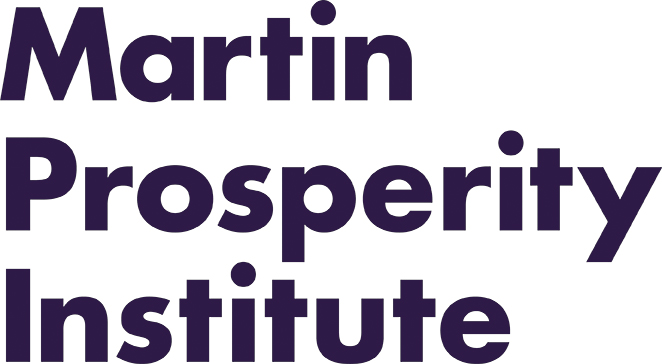For its first 200 years, the American economy exhibited truly impressive performance. The combination of democratically elected governments and a capitalist system, in which the means of production were mainly in private hands and relatively unfettered markets set prices, production and consumption, worked because the economic life of the average American family got better in the vast majority of those 200 years.
But since the bicentenary, the pattern of outcomes has changed dramatically. Growth in the economic prosperity of the average family in America has slowed to a crawl. At the same time, the prosperity of America’s richest families has grown to a level never seen before. This combination of the stagnation of the average family and the enrichment of the richest Americans threatens American democratic capitalism.
The fundamental problem is that while more of a good thing – efficiency, spurred by division of labor, international trade, scientific management of companies and systematic waste reduction – was beneficial for the economy for two centuries, it has become too much of a good thing. It has inadvertently shifted the shape of our economic outcomes. Rather than being largely bell-shaped, with a large middle class and smaller numbers of rich and poor, the outcomes are becoming increasingly Pareto, meaning that a greater and greater share of the economic benefits accrue to a thin tail of already rich Americans, leaving not enough for prosperity increases of average American families.
More of this will happen, until American democratic capitalism as we know it will fall apart, unless we stop viewing efficiency increases as an unalloyed good. Instead, we need to seek a fundamental balance of efficiency with resilience. While pressure can helpfully enhance efficiency, it needs to be balanced with friction to strengthen resilience. While connectedness can enhance efficiency, it needs to be balanced with separation to strengthen resilience. To productively manage these balances in our complex adaptive system, we need to keep in mind the whole while working on the component parts, pursue improvement not perfection, and relentlessly tweak instead of attempting to find permanent solutions. This can and will only happen with the efforts and cooperation of citizens, business executives, public policy makers and educators.
All the work of the six-year MPI project on the future of democratic capitalism is organized under the following tab. Please enjoy the work!
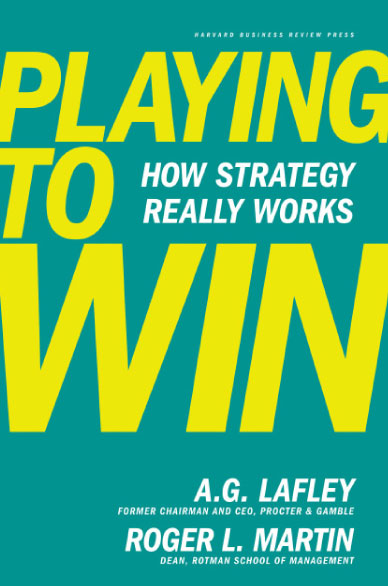 Buy the book
Book roger to speak
Buy the book
Book roger to speak

